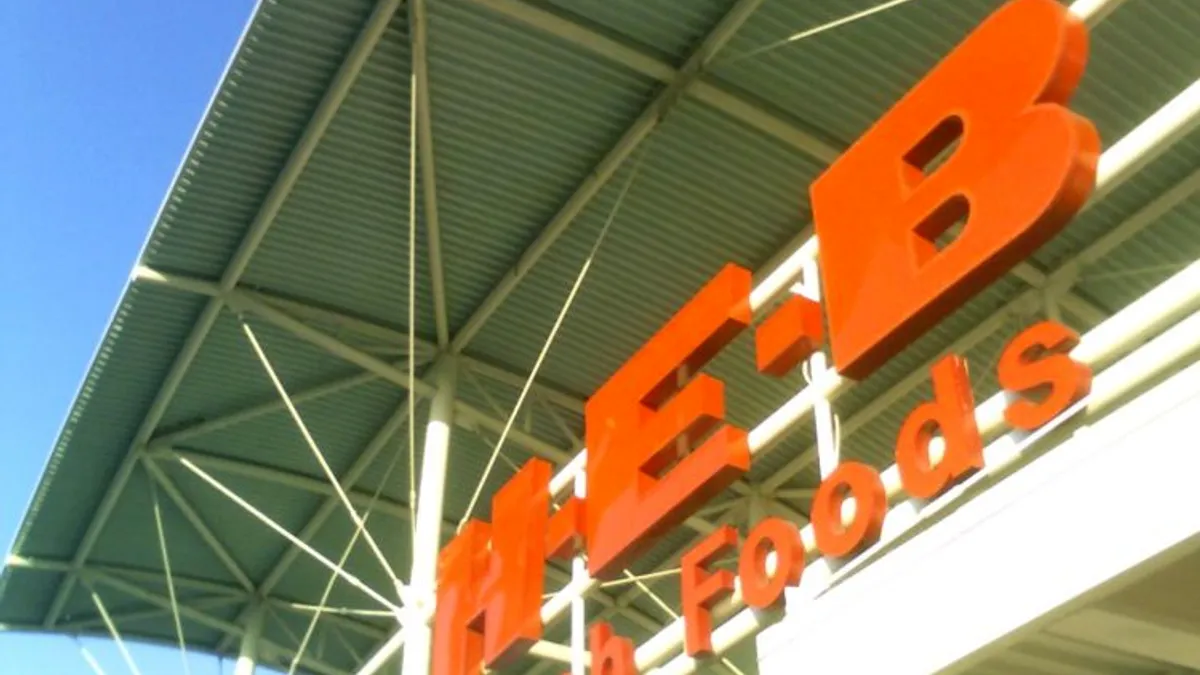Dive Brief:
- H-E-B has kicked off its “Primo Picks Quest for Texas Best” competition, which seeks out the best emerging food and beverage products made within the state, according to Store Brands.
- The competition, which began February 22nd and runs until April 5th, invites local producers to attend community meetings with H-E-B representatives who will advise them on product development ahead of their final submission to the contest.
- Since the competition began in 2014, H-E-B has incorporated 135 products into its lineup of private label offerings.
Dive Insight:
Like many supermarkets, H-E-B is keen on investing in emerging brands that generate consumer excitement. Where other retailers do a lot of this work behind the scenes, however, the Texas retailer has brought this effort forward and made a consumer-facing campaign out of it.
It appears to be a win for all parties involved. Local entrepreneurs get free product development advice from a prominent retailer, while H-E-B gets a chance to survey some of the state’s most promising food and beverage products — and ultimately build its stable of private label products.
What really counts is the upside for H-E-B shoppers, who get to savor the best of the bunch. Past winners of the “Primo Picks” competition include a line of artisan extracts, homemade pie dough pucks, and gourmet gelato that comes in flavors like Texas Pecan and Whiskey, and Poteet Strawberry.
The list of winners and finalists brings to mind another retailer that invests a lot in product development: Trader Joe’s. More than any other supermarket, Trader Joe’s has exposed the passion consumers have for unique, flavorful and downright quirky products. Bored with the usual grocery products, shoppers want taste experiences — and they don’t want to pay too much for them.
Through its competition, H-E-B has discovered many locally-made products that have that Trader Joe’s quality to them. According to Packaged Facts, local products generated $12 billion in sales in 2014 and are projected to hit $20 billion by 2020.
Other retailers have gone this route in the past, and their struggles reveal the challenges of finding and developing emerging brands. WalMart’s “Get on the Shelf” campaign, which was discontinued in 2013 for unspecified reasons, comes to mind. For as much excitement as these campaigns generate, they are expensive and time-consuming, and many promising products end up fizzling out on shelves. H-E-B is no doubt hoping that it can generate enough product wins to make its annual contest worthwhile.









